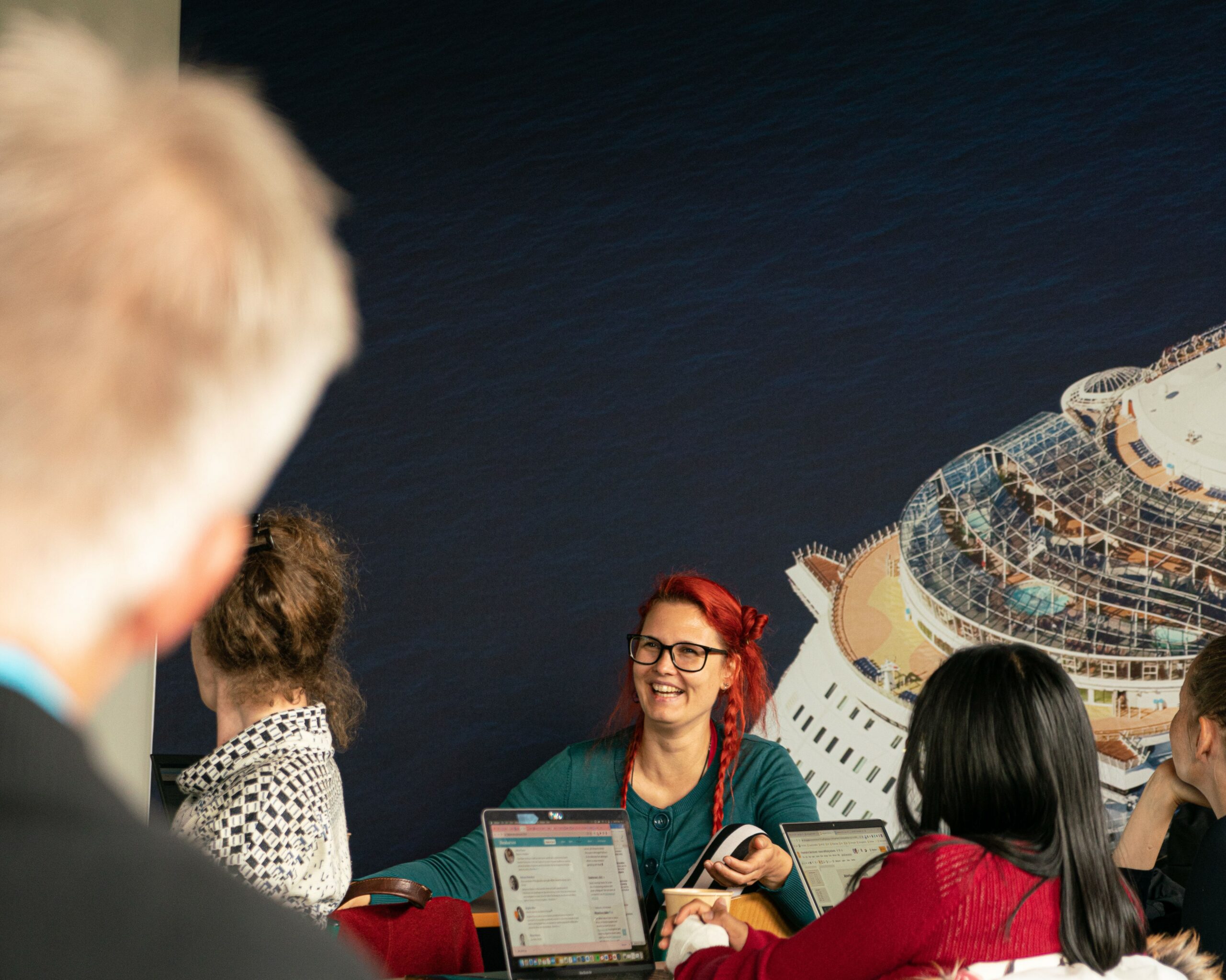Building a labour network can be some work, but also a lot of fun. We’re back for more – together with all of you! It’s more needed than ever, because there is a lot of hard work out there in the worst conditions.
Last year, we met with many of you at the Labour Roundtable, to talk about labour issues in different countries that you thought needed to be investigated, and to discuss how we can put these issues on the European agenda. We took the first steps towards a European Labour Network which will bring together journalists and experts to connect and collaborate on European labour investigations. Now we want to build on this.
This year’s labour theme at Dataharvest: Meeting the journalists
This year, we continue these efforts to promote and develop a European labour network.
With the labour track at Dataharvest 2023, the conference puts a spotlight on investigations into the European labour market. Journalists from across Europe will talk about their investigations on various issues related to labour and share with us their experiences, methods and inspirations for future research in the field.
In eight sessions, we will look at the work and people behind the scenes of our food production; with working conditions that can be described as modern slavery, mostly endured by migrant workers trafficked into and across Europe. We will look at different ways of gaining insight into these closed groups of workers and their workplaces, as well as how to engage with workers and trade unions in our research – from undercover research with hidden cameras to collaborative data collections and research networks.
But what are the structures that make this possible and the norm in the first place? To answer this question, we will try to shed light on the structures of the European labour market by looking at the EU legislation that is the basis for the labour laws in our countries. We will discuss which loopholes or weaknesses in the laws are exploited and which violations need to be investigated.
Finally, we will dare to draw a prognosis for the future of labour in Europe.
How are our workplaces changing and workers’ rights eroded and disregarded in an increasingly digitalised society and labour market? And how can we investigate and draw attention to what is ubiquitous but often ignored?: What many people in Europe will be left with after decades of daily work – virtually nothing.
Getting lost and finding our way through the abyss of data at the hackday!
For everyone who wants to look at labour issues across Europe from a data perspective and get their hands on unexplored European data, this year’s hackday is dedicated specifically to European data sources on work. We will provide access to invaluable microdata that offers insights into working conditions and differences in wages, and get lost in the abyss of numbers and data sets with fellow journalists and techies from across Europe to find and visualise story angles to share with even more colleagues at the hackday findings session.
There’s much more to labour in Europe: Join us at the roundtable!
We tried, but eight sessions on labour and one hackday and its findings do not even begin to cover all the issues on the European labour market. There are many more to shed a light on, many more which we forgot or couldn’t place on the track. For that we would welcome everyone – who has worked on investigating labour issues in the past or has become interested in doing so in the future – to the roundtable on labour. Bring your stories or data sets, ideas and questions, suggestions or lessons-learnt, and meet colleagues who want to collaborate on labour investigations.
Let’s build a European Labour Network together!

